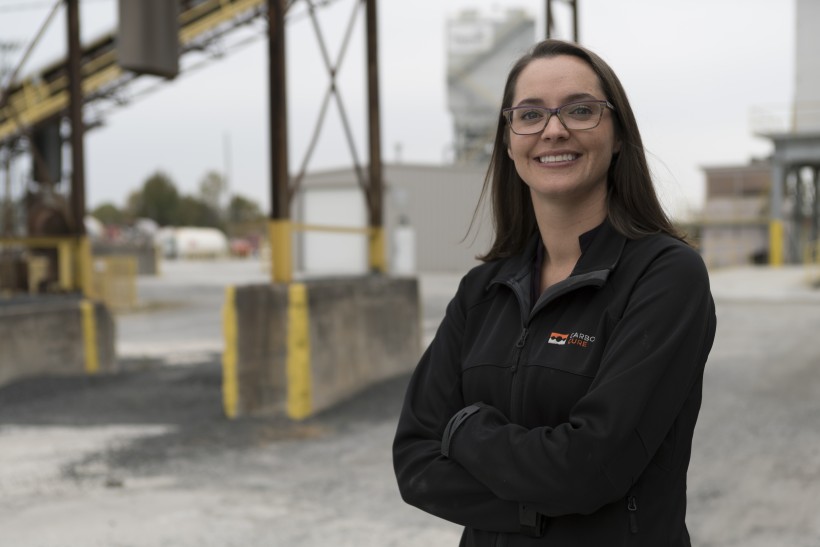Jennifer Wager, formerly the president of Dartmouth cleantech star CarbonCure Technologies, has a new role as a fellow at Breakthrough Energy Ventures, a VC firm led by such business titans as Bill Gates, Jeff Bezos and Michael Bloomberg.
Wagner, who lives in P.E.I., is tasked with offering support and guidance to startups working on cleantech for sectors with emissions that are particularly challenging to abate, such as cement and steel.
Breakthrough, which has raised more than US$2 billion, typically makes large investments in maturing companies, such as CarbonCure. It has launched the Breakthrough Energy Fellows program to help early-stage companies accelerate their development so they could one day be considered for investment by the main Breakthrough funds.
Wagner has boots-on-the-ground experience of her own in the world of heavy industrial emissions reduction. CarbonCure, which was a winner of the 2021 Carbon Xprize, sells technology to inject captured carbon dioxide into the concrete, sequestering it and strengthening the end product.
“What’s really cool is, as part of the Breakthrough Energy Fellows program admission requirements, you have to show a pathway to a 500 megaton reduction by 2050,” said Wagner in an interview. “You need to show that you can pretty much reduce global emissions by one percent.
“There’s 30 companies in the portfolio … so that’s 30 percent of global emissions, optimistically.”
Wagner said she applied for the Breakthrough role partly on the advice of CarbonCure CEO Robert Niven, after she returned from maternity leave and began to eye new challenges.
“Where I spend my time is on the Breakthrough Energy Fellows team,” she said. “What we do is we support a portfolio of very early stage climate tech companies, who still have an element of technology risk that they're trying to de-risk.
“The Fellows program . . . embeds people like me in the organizations of the startups. So I'm employed full time to sort of act like a CEO-for-hire for these companies.”
Wagner is directly responsible for helping five companies, one of which is in India, with one in France and the remaining three in the United States.
Technologies for hard-to-abate sectors like those Wagner focuses on tend to be slower and costlier to scale than a prototypical software startup, so Breakthrough gives its fellowship companies two years of non-dilutive funding, along with advice and mentorship.
“They can put their heads down and really focus on de-risking the technology so that when they exit the program in two years, they're well positioned to go raise money externally,” she said. “Some investors are hesitant to invest in deeptech climate solutions because the timelines for return are a lot longer.
“But that doesn't mean that we shouldn't do them. We absolutely need to. And so I think that's where the Breakthrough Energy Fellows program fills a void in the market.”
Wagner added that, regardless of the specific clean technology a business is looking to develop, she sees it as crucial for governments and private sector institutions to do all they can to help academic researchers commercialize their technology.
“The landscape has changed very dramatically,” said Wagner. “There’s a lot more momentum in the (cleantech) space. …There’s new startups, new accelerators, new investment programs. It’s a really different landscape than it was when I started my career 15 years ago.”










